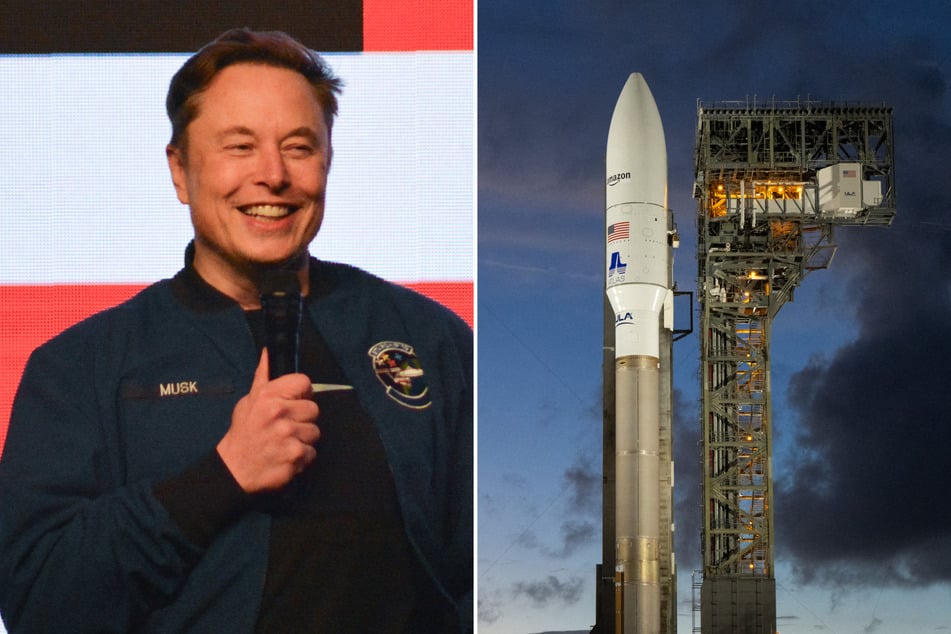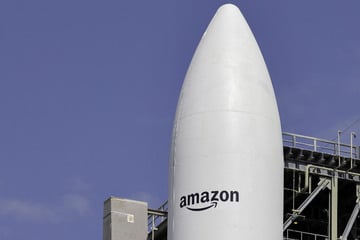Amazon amps up Elon Musk rivalry with massive satellite launch
Washington DC - Amazon is preparing to launch its first full batch of Project Kuiper satellites next week, marking a crucial milestone in the tech giant's bid to compete with Elon Musk's Starlink.

The mission, named Kuiper Atlas 1, will launch 27 satellites using an Atlas V rocket from Cape Canaveral, Florida at 12:00 PM ET on Wednesday, April 9, Amazon said.
The deployment will be carried out by the United Launch Alliance (ULA) industrial group, a joint venture between Boeing and Lockheed Martin.
According to a statement from Amazon, the satellites represent a significant upgrade from the two prototype satellites successfully tested during a mission in October 2023.
Like Starlink, the service is designed to provide internet access to even the most remote and underserved areas around the world, including war zones or disaster-struck areas.
Project Kuiper aims to deliver "high-speed, low-latency internet to virtually any location on the planet," with service expected to begin later this year, according to Amazon.
Once complete, the constellation will include more than 3,200 advanced low Earth orbit satellites, the company said.
This launch puts Amazon in direct competition with SpaceX's Starlink and other satellite internet providers.
Can Amazon's Project Kuiper satellites dethrone SpaceX's Starlink?
Musk's SpaceX launched the first batch of its more than 6,750 operational Starlink satellites in 2019 and is by far the sector’s biggest player.
China plans to launch 13,000 satellites as part of its GuoWang constellation, while Canada's Telesat will add 300 and German start-up Rivada is eyeing 600.
That will be in addition to the European Union's Iris project – 170 satellites – and the 300-500 satellites planned to be launched by the US military's Space Development Agency.
Cover photo: Collage: Robin LEGRAND / AFP & AFP PHOTO / United Launch Alliance
